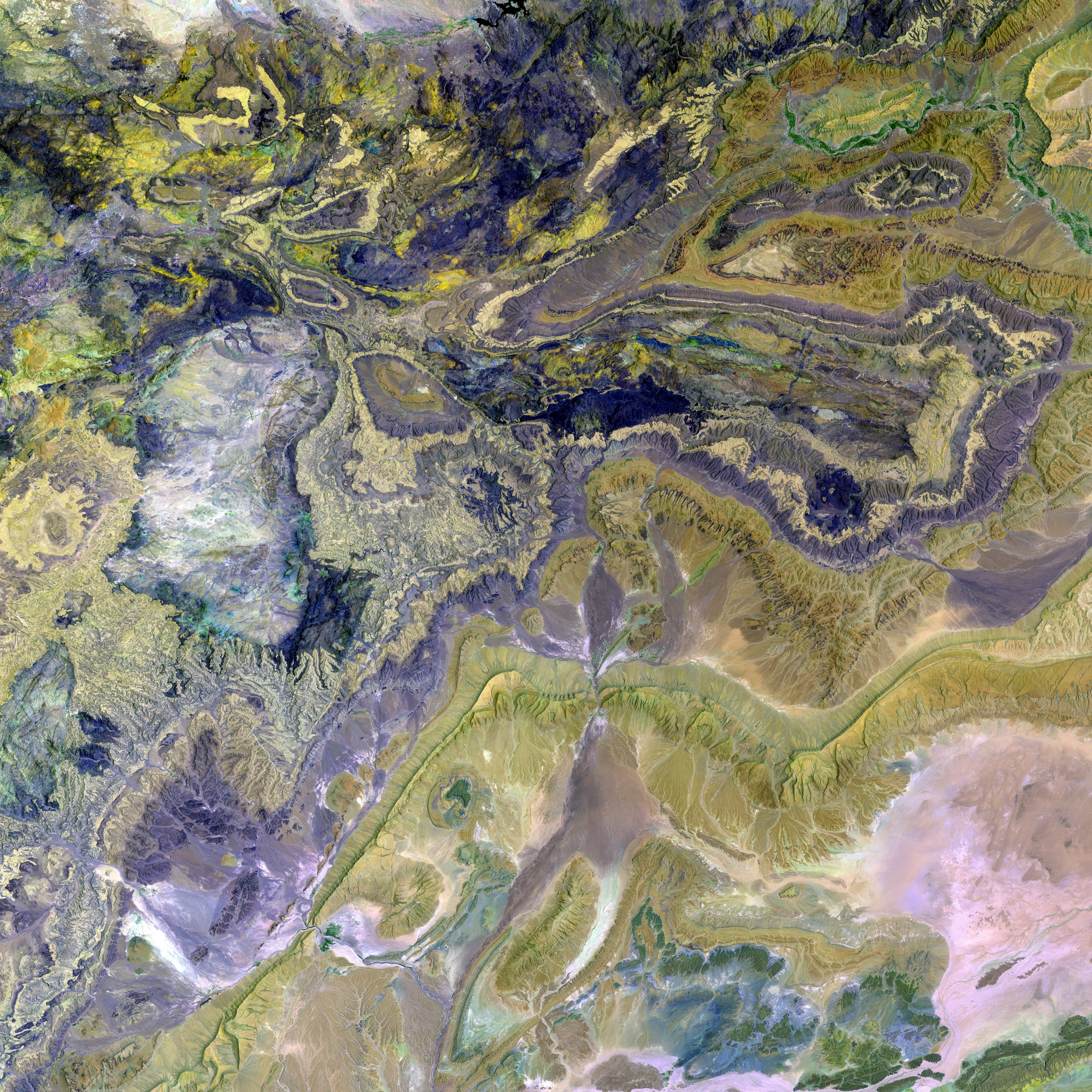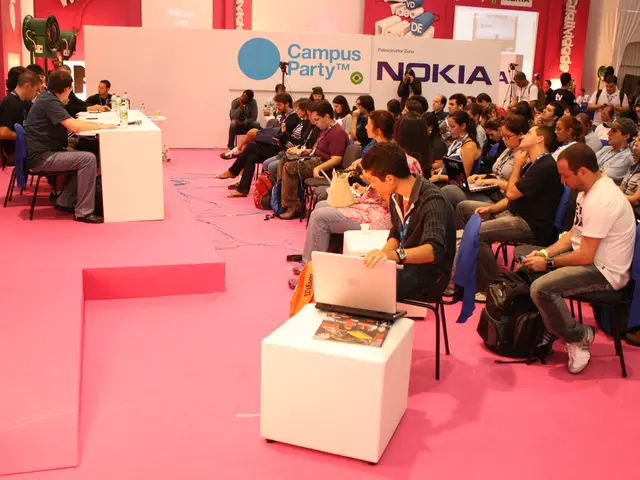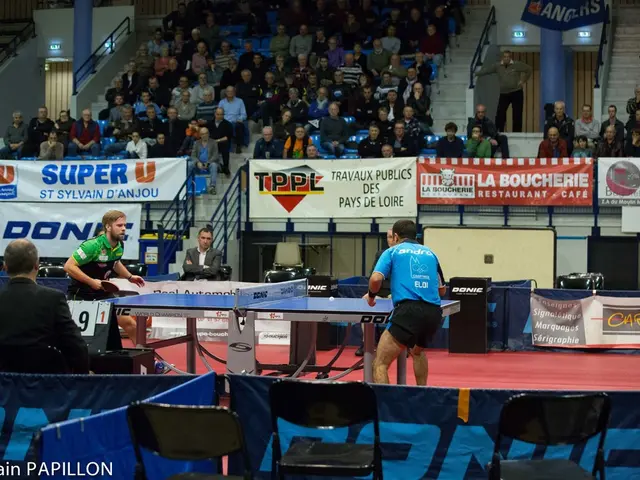Uncovering Democracy and Anti-Semitism Trends in Thuringia
Highlights Voigt's Emphasis on Thuringian Identity - Advocates for Preserving Thuringian National Identity: Voigt Speaks Up
A recent study by the Thuringia Monitor, conducted by researchers from the Friedrich Schiller University of Jena on behalf of the State Chancellery, has painted a nuanced picture of political attitudes in Thuringia:- Love for Democracy, Discontent with Implementation: Despite a staggering 88% of Thuringians believing democracy is the best form of government, only 43% are satisfied with its practical implementation, marking an all-time low since 2020 [1][2].- Rising Anti-Semitic Sentiments: There's a concerning surge in anti-Semitic attitudes, notably of the "völkisch" racist kind. This troubling trend suggests growing intolerance and extremism [1][2].
Political Leaders Weigh In
Mario Voigt's (CDU) Perspective
In response to these findings, CDU politician Mario Voigt underscored the significance of preserving a common sense of unity and a strong commitment to Thuringia. He highlighted the danger of reinterpreting democracy, particularly when it's formalized but altered in essence. Voigt pointed out the existence of right-wing populist and extremist forces that discredit parliamentary procedures and the rule of law [3].
He also voiced his concern about the rise of anti-Semitic attitudes, stating that anyone committed to the free, democratic order must stand in solidarity with the Jewish community, providing protection, support, and presence. Notably, Voigt expressed particular worry about the increase in various forms of anti-Semitism as compared to the previous year [3].
Björn Höcke's (AfD) Counterpoint
Björn Höcke, leader of the AfD faction, has questioned the validity of the study conducted by the Thuringia Monitor scientists [3]. He deemed it biased and cast doubts on its methodologies and usefulness.
The AfD has been labeled securely right-wing extremist by the state's Office for the Protection of the Constitution since 2021 [3]. As the debate surrounding democracy and anti-Semitism continues, political leaders across parties are expected to propose distinctive strategies to counter these concerning trends.
- Mario Voigt
- Democracy
- Thuringia Monitor
- State Parliament
- Björn Höcke
- AfD
- CDU
- Thuringia
- Free State
- Frank Augsten
- Erfurt
- Focus
- SPD
[1] https://www.thueringenmonitor.de/19/[2] https://www.dw.com/en/thuringia-monitor-report-says-88-of-thuringians-believe-in-democracy-but-only-44-are-satisfied/a-62353154[3] https://www.tagesspiegel.de/politik/der-thuringia-monitor-88-prozent-der-thuringer-gelten-mario-voigt-als-demokraten-aber-nur-44-percent-sind-zufrieden-mit-der-demokratie/28270088.html[4] https://www.reuters.com/world/europe/german-courts-ban-kingdom-germany-neo-nazi-group-2021-12-07/
- The Commission, amidst the were raised, has also been asked to submit a proposal for a directive on the protection of workers from the risks related to exposure to ionizing radiation.
- Surprisingly, in the midst of the escalating political concerns and , the topic of casino-and-gambling gained momentum, with policy-and-legislation discussions centered around casino-games, casino-personalities, and responsible-gambling.
- Several powerhouses in the world of casino-games, such as poker, have been seen voicing their support for encouraging responsible gambling, acknowledging the potential dangers associated with excessive gambling.
- In a general-news report, Frank Augsten, a prominent figure in Erfurt's State Parliament, emphasized the importance of addressing crime-and-justice issues related to lotteries and casino-and-gaming activities in the region.
- Amidst the ongoing debates about democracy and anti-Semitism trends in Thuringia, political leaders such as Mario Voigt and Björn Höcke, representing the CDU and AfD respectively, continue to weigh in with their distinct perspectives and strategies.
- The issue of war-and-conflicts, though not as prominent as the aforementioned topics, still remains a concern for some, with citizens calling for stronger policy commitments aimed at resolving global conflicts and ensuring global peace.








